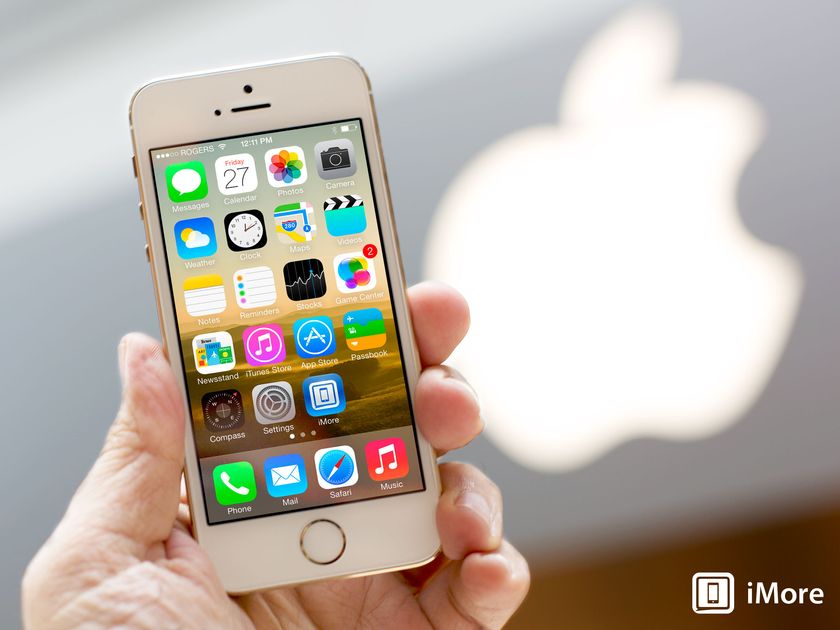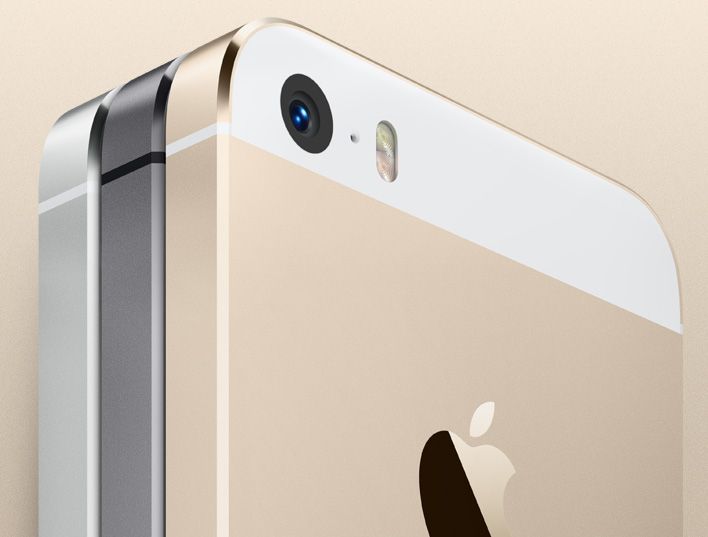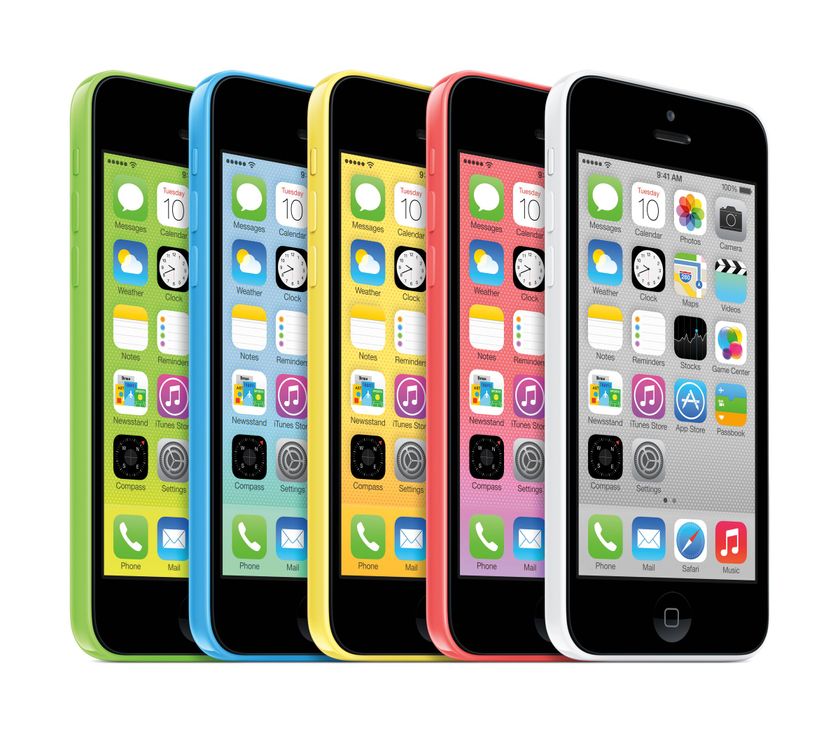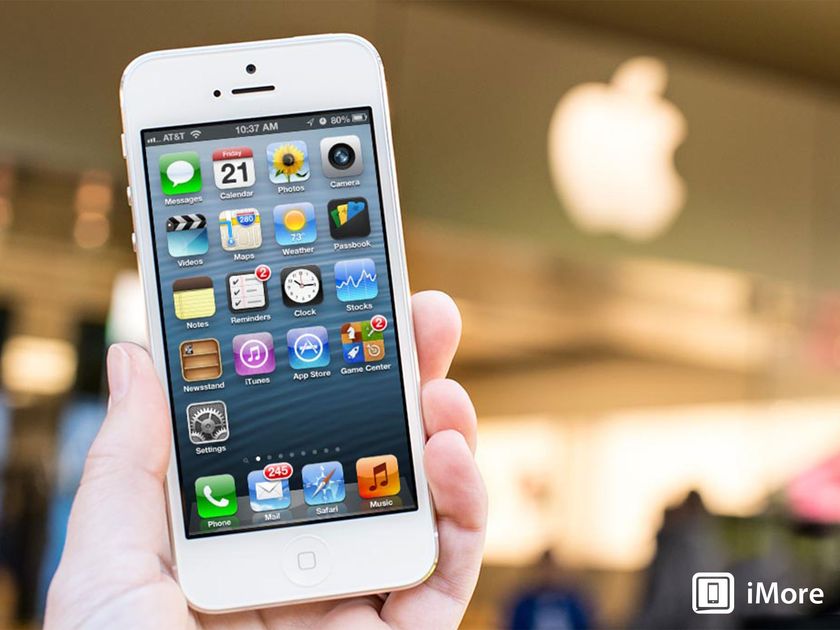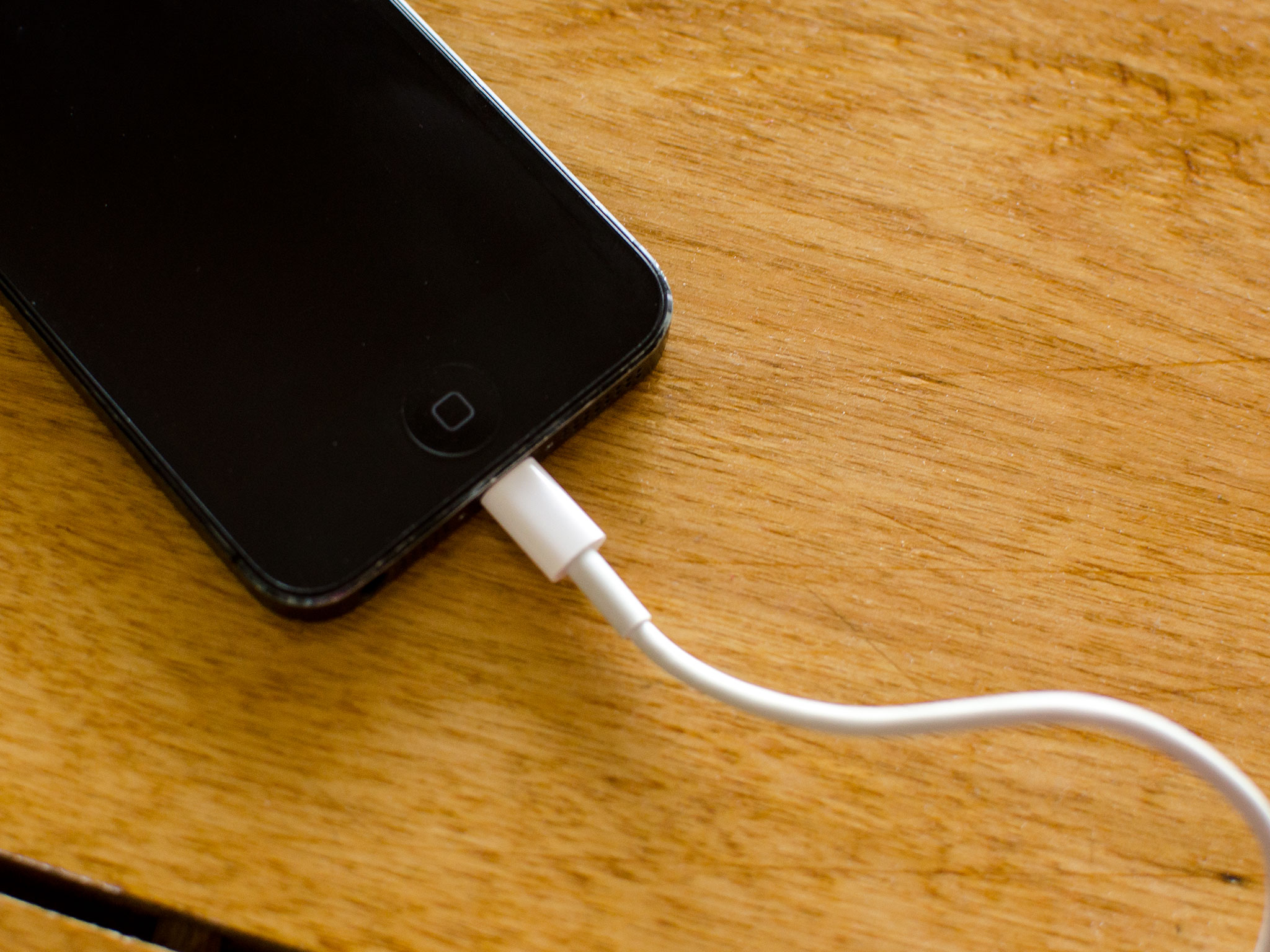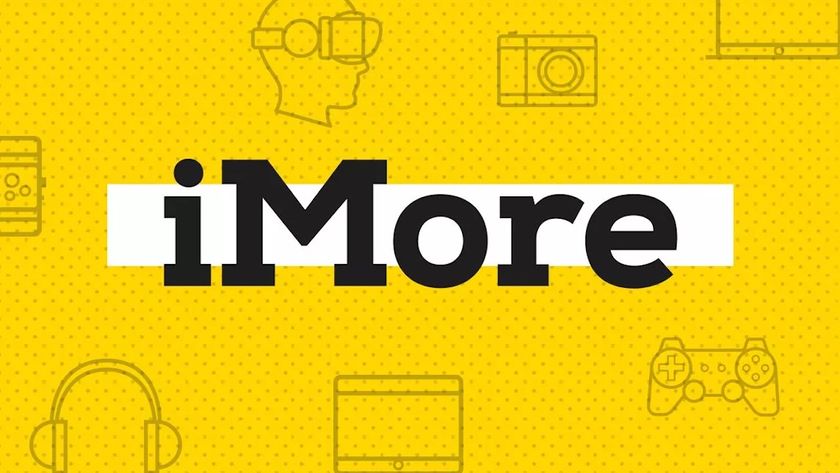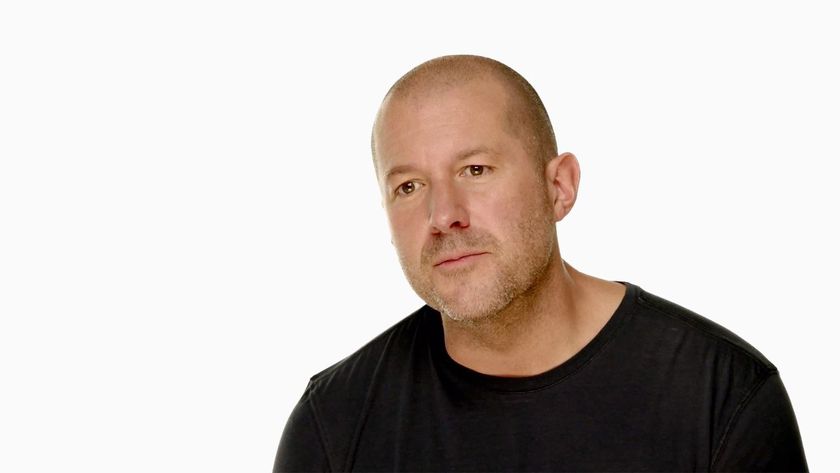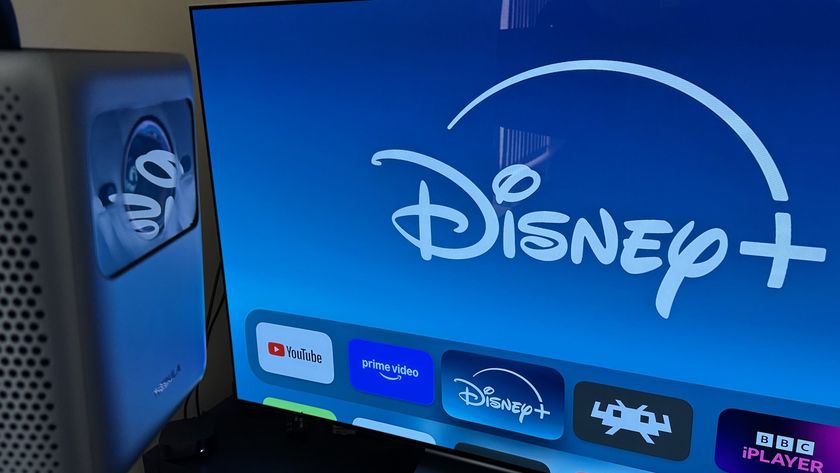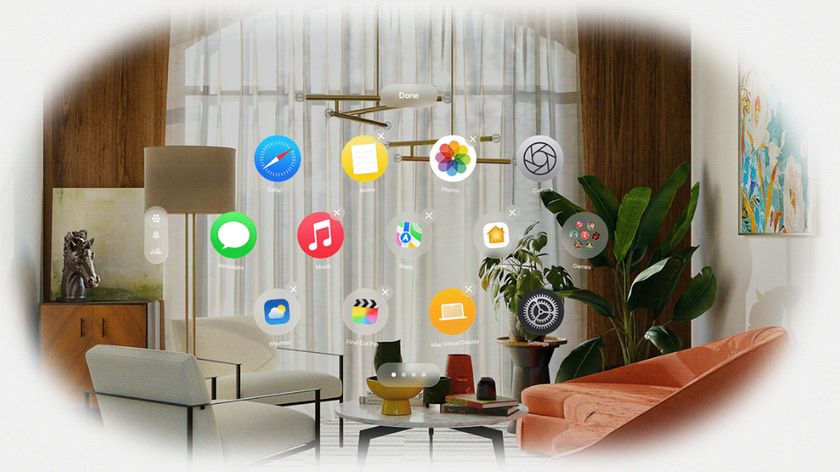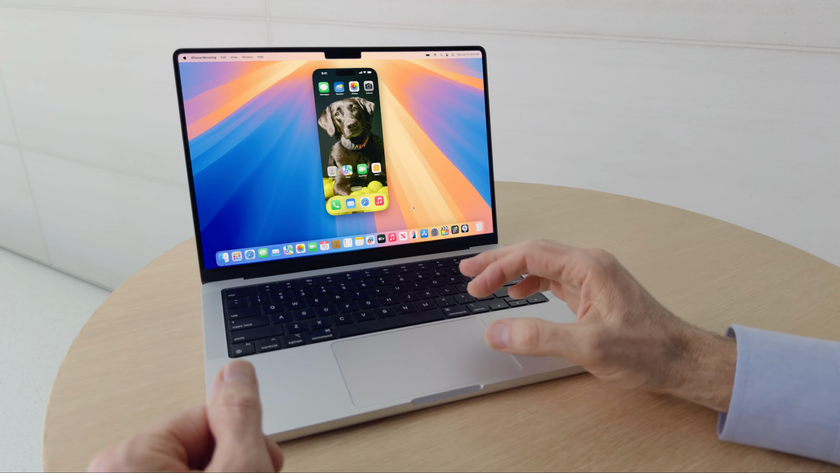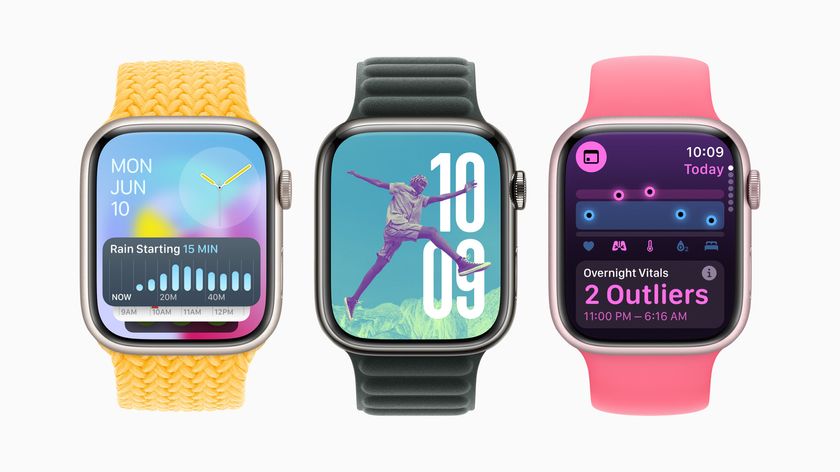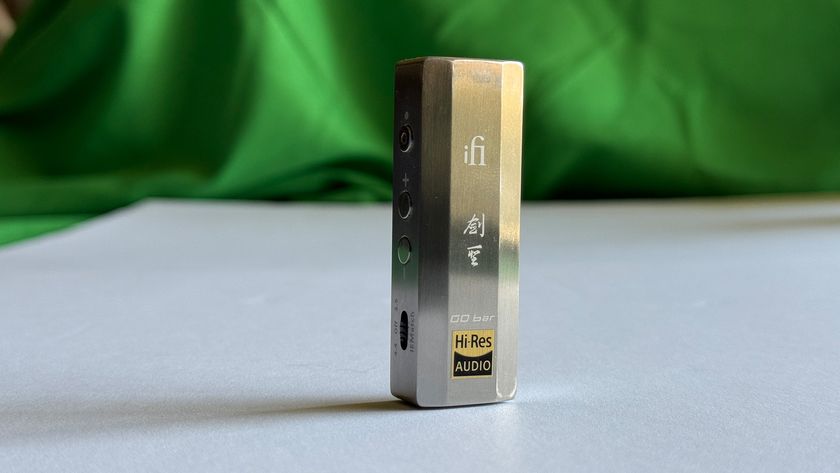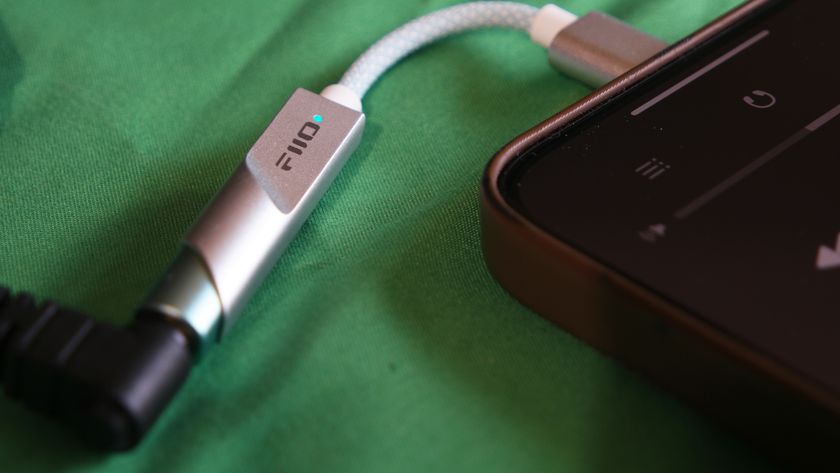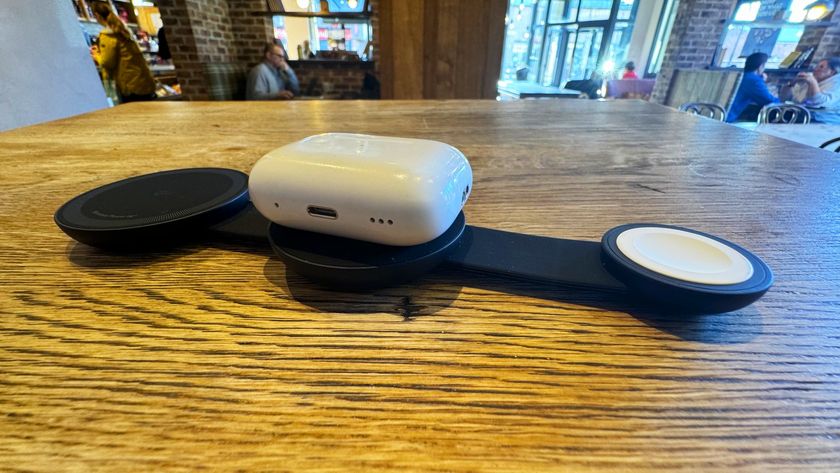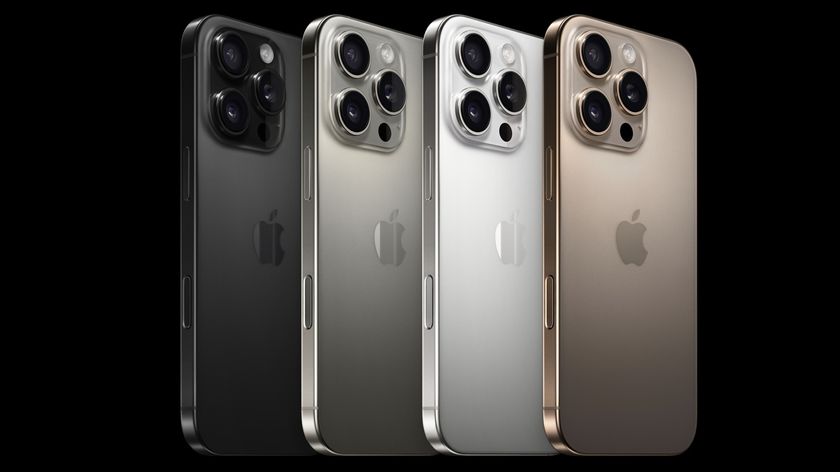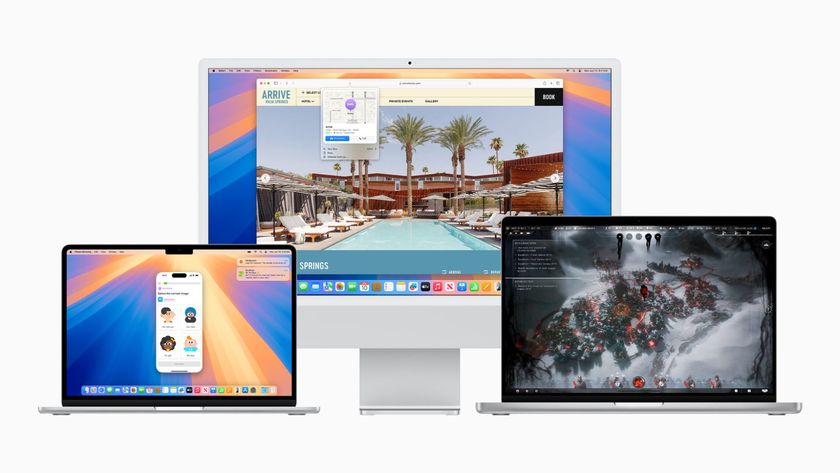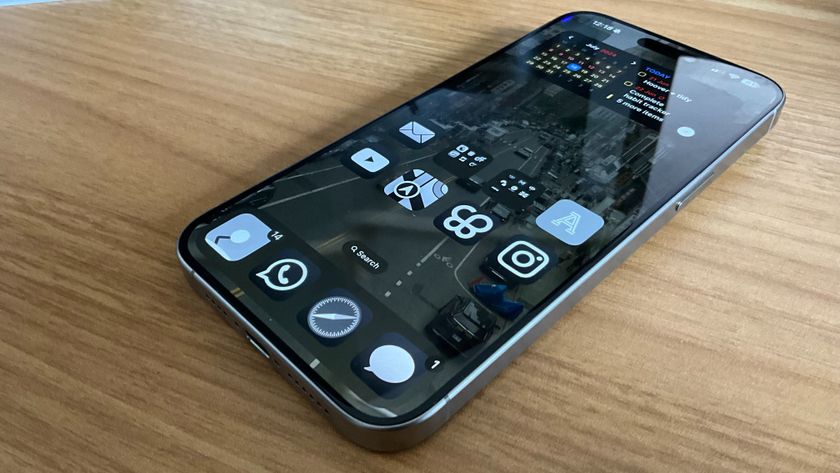iPhone 5 vs. Samsung Galaxy Note 2: Which one should you get?

Apple has released the taller, thinner, faster, lighter, brighter iPhone 5 -- and we've got your definitive iPhone 5 review right here -- and now Samsung is bringing their next-generation giant, the Galaxy Note 2 to market.
As much as Samsung has been labeled a "copyist" over the course of the last couple years, the Galaxy Note series has always been a big exception, literally. Due to its size, some have labeled it a "phablet", half phone, half tablet. While it's both of those things, it's also neither. It's really a Wacom-style digitizer put into highly mobile form. And as anyone who's ever used a Wacom knows, it resembles a stylus in shape only.
So what happens when you put Apple's precision up against Samsung's power? The iPhone 5's elegance against the Galaxy Note 2's enormity? Let's take a look.
Samsung Galaxy Note 2: Hardware and software
Android Central is working on a full review now, and we'll add a link to it here as soon as it's live. In the meantime, here are James Richardson's first impressions and hands-on with the Galaxy Note 2.
Powered by a quad-core 1.6 GHz Exynos 4 processor, the Galaxy Note 2 has some substantial horsepower behind it, along with a plentiful 2GB of on-board RAM. Combined with a whopping 3100mAh battery, we're expecting some serious longevity from this device. The Note 2 runs Jelly Bean out of the box, making Samsung's phone/tablet hybrid the first to ship with Android 4.1. And it now sports a 5.55-inch (non-PenTile) HD SuperAMOLED 1280x720 display, protected by Gorilla Glass 2. The extra size of the phone does add few of grams to its weight -- at 180 grams it isn't light, but it's not terribly heavy considering its monstrous size.There are also numerous software enhancements, including the ability to command an on-screen cursor by hovering the stylus over the screen. This can be used to peek into gallery folders, calendar events expandable areas. And the usual selection of Samsung drawing and note-taking apps is included too, as are all of the software features of the Galaxy S3.
Apple iPhone 5: Hardware and software
The iPhone 5 has a newly re-designed unibody aluminum chassis to allow for a bigger 4-inch screen in a phone that's 12% smaller by volume. It's taller but not wider, thinner and also lighter. That 4-inch screen also uses in-cell technology to combine the touch sensor right into the LCD. At 1136x640 and 326ppi, it's still backlit LED, and still IPS, and technically the best, most advanced panel on the planet for now. Apple also rolled their own, custom Apple A6 processor this time, based on ARM v7s, for amazing performance and excellent power management. There's still no NFC, but there is CDMA, HSPA, and international LTE.
iOS 6 comes loaded on the iPhone 5, and includes a new, controversial Maps app, some great extensions to Siri, deep Facebook integration, Passbook, and enhancements to FaceTime, Mail, Safari, Photo Stream, and Accessibility. And because Apple makes both the hardware and the software, there's no integration, no added interface layers, and a seamless experience overall.
Apple iPhone 5 vs. Samsung Galaxy Note 2: The bottom line

While the story of the Apple iPhone 5 vs. Samsung Galaxy S3 might remain one of precision vs. power, when it comes to the iPhone 5 vs. the Galaxy Note 2, the elegance vs. enormity line requires deeper inspection. A 5.5-inch phone display is something that fits the needs of a very specific niche -- namely those that want more than a traditional phone -- those who essentially want a mobile notepad.
Master your iPhone in minutes
iMore offers spot-on advice and guidance from our team of experts, with decades of Apple device experience to lean on. Learn more with iMore!
For this reason, for most people, the iPhone remains the default choice, and the perfect blend of killer design and absolute ease of use. If you don't like something about the iPhone, there are also a bunch of great alternatives to consider, including the Samsung Galaxy S3, HTC One X, or the upcoming Nokia Lumia 920.
The Galaxy Note 2, due to its size and its Wacom technology, is a very, very specific one, and you'll likely know if you need it.

Rene Ritchie is one of the most respected Apple analysts in the business, reaching a combined audience of over 40 million readers a month. His YouTube channel, Vector, has over 90 thousand subscribers and 14 million views and his podcasts, including Debug, have been downloaded over 20 million times. He also regularly co-hosts MacBreak Weekly for the TWiT network and co-hosted CES Live! and Talk Mobile. Based in Montreal, Rene is a former director of product marketing, web developer, and graphic designer. He's authored several books and appeared on numerous television and radio segments to discuss Apple and the technology industry. When not working, he likes to cook, grapple, and spend time with his friends and family.
